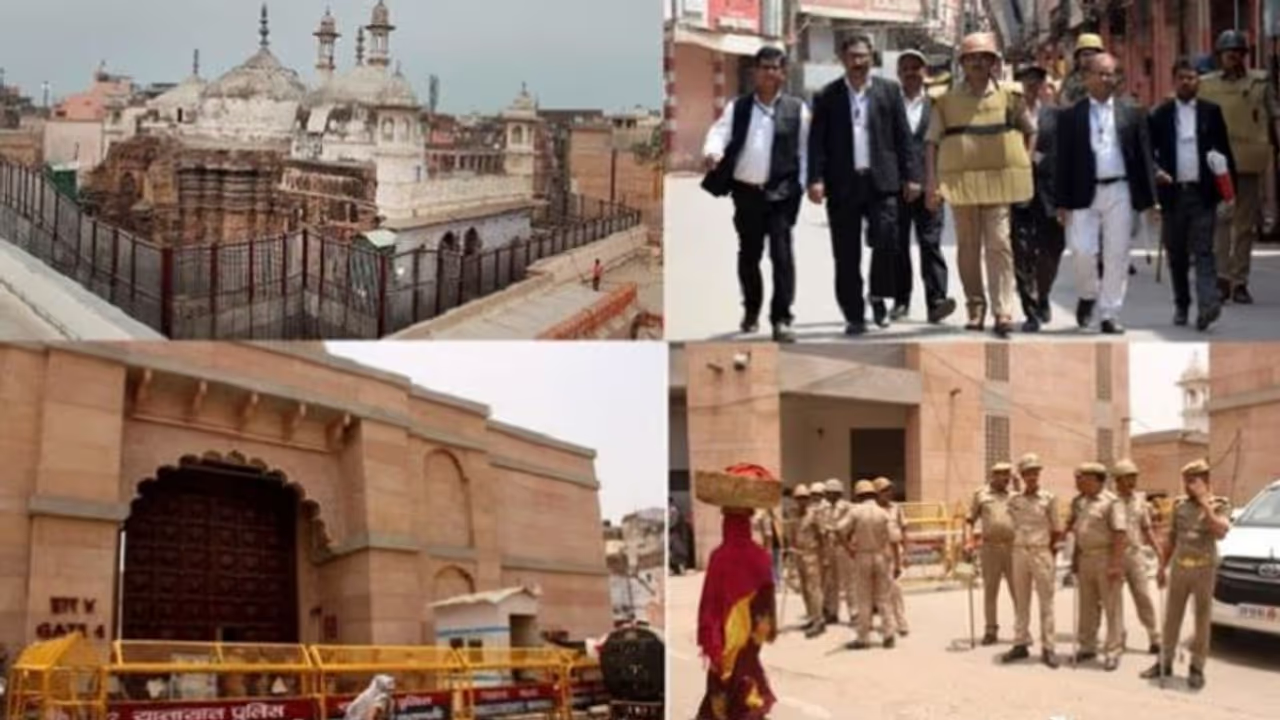Earlier, the court had fixed October 11 as the date of hearing in the matter and asked the Anjuman Intezamia Masjid Committee to file its reply.
In the ongoing Gyanvapi case, the Varanasi Court on Friday rejected the Hindu side's demand seeking carbon dating and scientific investigation of 'Shivling' in the mosque complex.

In August 2021, five Hindu women moved court seeking rights to worship the Shringar Gauri deity within the Gyanvapi complex. Following this, the Varanasi district court ordered a videographic survey of the mosque complex.
Also read: Andheri bypoll: There's anger among people the way Rutuja Latke was treated, says Aaditya Thackeray
Earlier, the court had fixed October 11 as the date of hearing in the matter and asked the Anjuman Intezamia Masjid Committee to file its reply.
According to reports, the Gyanvapi mosque is located next to the iconic Kashi Vishwanath temple. The Varanasi court revived the case and claimed that the mosque was built on a portion of the Hindu structure demolished on the orders of Mughal emperor Aurangzeb.
The petitioners contended that the "Shivling" found in the "wazookhana" reservoir of the mosque during survey work on May 16 was part of the case property.
Also read: Fifth Vande Bharat Express to be launched on November 10, will connect these cities: Check details
According to district government advocate Mahendra Pandey, the petitioners of the Gyanvapi-Shringar Gauri dispute, put forward their arguments in favour of carbon-dating of the structure.
Speaking to reporters, the petitioners' lawyer, Vishnu Shankar Jain had said that the court wanted to know if the "Shivling" was a part of the case property and whether it could appoint a commission for the purpose of carbon-dating and a scientific investigation of the structure.
"We had raised two points. Firstly we had demanded the right to worship 'pratyaksh' (visible) and 'apratyaksh' (invisible) god. The Shivling, which was under the water in the wazookhana, became 'pratyaksh devta' from 'apratyaksh devta' after the water was removed. Hence, that is a part of the suit."
Also read: Supreme Court sets Gujarat High Court order aside favouring Adani Ports SEZ: Report
"Secondly, we sought the attention of the court towards Order 26 Rule 10 of the Civil Procedure Code (CPC) under which the court can appoint a commission for scientific investigation," he said.
Jain also said that the petitioners told the court that the mosque management has said on an affidavit that the structure is a fountain and it wants it to be ascertained whether it is a fountain or a "Shivling".
